Last updated on August 20th, 2021 at 12:42 pm
[Editor’s note: Levan Vasadze is a long-time friend and collaborator of the International Organization for the Family (IOF) and was chair of the World Congress of Families X in Tbilisi in 2016. He is one of the best known pro-family leaders in the Caucuses. Brian Brown, President of IOF, was recently with Levan in Georgia for the launch of Levan’s new ERI social movement. Around that time, Vasadze began to feel ill with strange symptoms. As one of the most well-known critics of liberalism, Levan has many enemies, which gives rise to many questions about his illness. Is it naturally occurring? Or was he poisoned? We present here the first installment of an exclusive statement from Levan in two parts. Part two can be found here.]
Before embarking upon the main part of what I have to tell you today, I would like to stress the fact that I do not intend to speculate upon the outcome of my sudden and absolutely strange illness. Nor am I looking to court sympathy. There are so many people in our country who suffer from severe diseases, so many children undergoing chemotherapy, so much distress and mischief around, that under ordinary circumstances I would not even mention my own illness.
But the fact is that this is not a matter only of my personal condition; it has to do with the social and political situation of our country. That is why I feel myself obliged to report to the public, trying thus to preempt idle speculations on the one hand, and on the other hand to allow citizens to make up their own minds based on information from the primary source.
So, to begin: I cannot say with certainty whether this rarest disease, which so strangely coincided with my entering politics, is either definitely random, or definitely artificially caused. I cannot exclude either of these possibilities. And I have already accepted that there is no real hope ever to know the entire truth. But, that does not mean that I don’t have obligations towards my family and my country to recall in detail what has been going on during these difficult months, and to reveal circumstances about which the public knows almost nothing.
My confirmed diagnosis is AL type amyloidosis (acquired amyloidosis with myocardial infarction), with a possible secondary diagnosis (multiple myeloma). For final confirmation of this second diagnosis a PET scan with contrast of the skeleton would need to be done, which is impossible at the moment due to my kidney analysis.
In the main, however, whether myeloma is confirmed or not, the severity of my diagnosis will not change a bit. AL type amyloidosis is much more aggressive than myeloma and, according to specialists, the number of plasma cells characteristic of myeloma which have already been discovered in my analyses (I do not give the exact percentage on purpose) already makes quite likely the existence also of myeloma which, as we all know, can be caused by (among other things) radiation and poisoning.
I am talking about all these details, because today I want to catalog the symptomatic and clinical circumstances of my illness. This, together with the facts mentioned above, should leave a trace for those investigators or medical specialists in the future who might be charged with studying my case. I am not a doctor, but I will try to be as specific as possible in describing things, while also doing so in a simple manner so that everyone may understand.
Precisely in the same period of March-April, 2021, when I had begun discussing entering politics (including on the phone), I developed a strange persistent cough. This has continued since, and has become ever more severe.
At first, I did not pay much attention to it, but soon my cough got very grievous, suffocating me, interfering with my speech and sleep, and it was not helped by any medicines I tried.
In April, while I was attending a meeting of the board of directors of our business company in Moscow, my wife asked me to undergo a complete medical examination there. I visited the Treatment and Rehabilitation Center run by Professor Lyadov. The examination lasted two full days and included a complete set of studies, including analyses of all major organs, using all of the most modern equipment and testing procedures. The results are documented.
All my tests returned normal results, except for the decrease in breathing rate during movement. It was therefore recommended that I visit a pulmonologist (a respiratory system expert).
I took my flight back to Tbilisi and went to a very prominent pulmonologist, who prescribed a course of treatment for my cough. But this did not help. On a second visit, which took place a bit later than scheduled, he changed some of the drugs; but my cough only got more severe.
It was already May by this time, after my announcement of entering politics.
Meanwhile, my general condition worsened. I was short of breath at night as well as while walking and climbing the stairs. I had movement restrictions, and finally the swelling of my lower limbs, starting from calves to feet. These conditions progressed steadily throughout May and June. Although I did my usual exercises outside in the fresh air of Kiketi, and observed a healthy diet and lifestyle, nothing improved. Due to lack of air during sleep, I would often spring up in bed, breathing heavily. Soon this became a regular occurrence.
After my second visit to the pulmonologist, my wife asked me to get an abdominal X-ray as well. There, at the hospital, one of the doctors, who also happens to be our relative, did not like something about my liver; however, this was later deemed to be no cause for alarm.
In the meantime, we were traveling around Georgia for regular meetings with our supporters. During this time, I really was not feeling well, and I determined to make a trip to Istanbul for another medical examination at Acibadem Clinic, which I know well . Before I could, however, an incident occurred.
We were in the Guria-Adjara region, on the Black Sea. One morning, I decided to take a swim… and nearly drowned. I only hardly made it back to the shore; I could barely move, and felt as if my heart had stopped, along with feeling all the other above-mentioned symptoms acutely. My eldest son, Shio-Irakli, stayed with me in the hotel room that night, and he called my wife telling her that I was breathing so rapidly at night, he wondered how I was even able to sleep.
It is noteworthy that three of my friends and political colleagues with whom I was spending time in Guria-Adjara for the last three days of my trip also started coughing. Their cough was suffocating, they were choking while talking, and absolutely at a loss how it all started. Thank God, as soon as I took my flight to Istanbul and they drove back to Tbilisi, I am told their coughing stopped without any trace.
Only my wife and a small circle knew about my trip to Istanbul. I booked my flight ticket immediately beforehand. I was planning to undergo the medical examination and hurry back to Tbilisi for the events on 5th July. [The author refers to the “Pride” events in the city, and their counter-protests. — Editor.]
Strangely, however, the very same morning I boarded the plane, all the liberal media outlets were somehow announcing that I had been poisoned and had gone to Istanbul! How the denizens of the liberal echo chamber got this information, what exactly they knew, and why they made such a fuss, would require investigation. I understand that in our country, the State Security Service of Georgia and higher authorities abroad can acquire all kinds of data from individuals’ cell phones, with no regard to rights and privacy. But the way information about my illness found its way to the media must certainly be investigated.
I landed in Istanbul on 23rd June and went to the hospital the next day. I had a whole schedule of examinations, and it just happened that the cardiologist was first on the list. According to the medical checkup that had been done in April, you will recall, my heart was supposed to be completely healthy…
I lay down on the table and the doctor started his examination. Suddenly I realized that he was startled, as he left the office and came back with two of his colleagues. They stared at my picture on the device for a long time, agreeing with one another and seemed to look at me sympathetically as a hopeless, desperate patient.
The doctor asked me to get dressed while trying to put on a cheerful face. He told me there was suspicion that I had one of the most severe, incurable and rare diseases there is, called amyloidosis. “I am not a specialist of this disease,” he said, “but I’m sure that you need further medical examination. Even now I can tell you that you have severe heart failure, caused by deformation/thickening of the walls of your heart. There is the glow characteristic of crystals of toxic proteins on the walls and the ejection fraction of the heart (or rate of oxygenated blood release) has decreased to a critical margin [I again do not mention the exact percentage on purpose ]. You might suffer cardiac arrest at any time. A more accurate picture can be obtained by contrast-enhanced MRI, which I will schedule immediately.”
He also had for me the news that I might need an urgent heart and liver transplant, and that the patients with such a diagnosis generally have very short life expectancy. He changed the schedule of all my appointments with other doctors and directed me first of all to a nephrologist and a gastroenterologist, so that they could check if deposits of the toxic proteins that he saw in my heart had already spread to other organs, such as the kidneys, liver, and other places. He did not prescribe any drugs, except for a common diuretic, to which I will return later.
And this is where my new path began: the past month and a half full of suffering, of difficult analyses and procedures, of doubts and vain hopes. Another hospital in Istanbul, and three more in Moscow.
Because of the initial fear of cardiac arrest, I immediately turned to much respected Dr. Leo Bokeria. The A.N. Bakulev National Medical Research Center of Cardiovascular Surgery, headed by him, performs the largest number of operations in the world on cardiac arrest – 6,000 a year. I thought that at least in this case I would be able to have confidence in my care while undergoing all necessary medical examinations.
Dr. Bokeria returned my call immediately. He asked me to come for further examination, and, as it is characteristic of him, paid great attention to me, inviting and involving all necessary specialists in consultation. I cannot go without mentioning our great cardiologist, Dr. Ismet Mikeladze, a portly and wise “gurji” man, who, together with his friends showed me and Nino great hospitality and friendship in Istanbul. About my other physicians, headed by a doctor from Israel and including a good friend—a Kakhetian living in America—I will perhaps have more to tell sometime later.
Dr. Bokeria explained to me that since a diagnosis of AL amyloidosis is so very rare, he doubted whether this would be confirmed. With half a century of experience behind his back, he said, he had seen no more than two patients with the condition in his entire life. The primary acquired type of AL amyloidosis (i.e., non-genetic) occurs mainly in older people after undergoing dialysis treatment for many years or suffering from multiple myeloma. It usually manifests itself initially in the kidneys; and my kidneys were clean. Amyloidosis is often found only after death, in corpses during autopsy; and therefore the development of such a disease in a healthy patient in just two months made the diagnosis very doubtful, especially on the basis of only one examination of the heart.
Eventually, however, after the extraction of heart tissue for testing and extensive analyses of blood and urine, the diagnosis would come to be confirmed. But while all these tests were being done, in the meantime, strange things started happening to me….
[In part two, the author describes more about the progress of his illness and treatment, and delves further into the mystery of its cause. – Editor.]
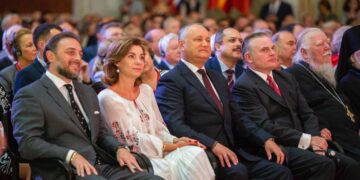













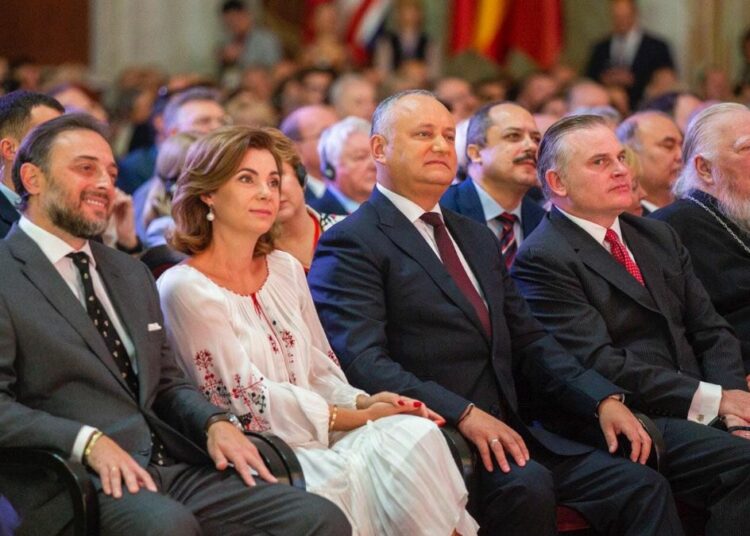
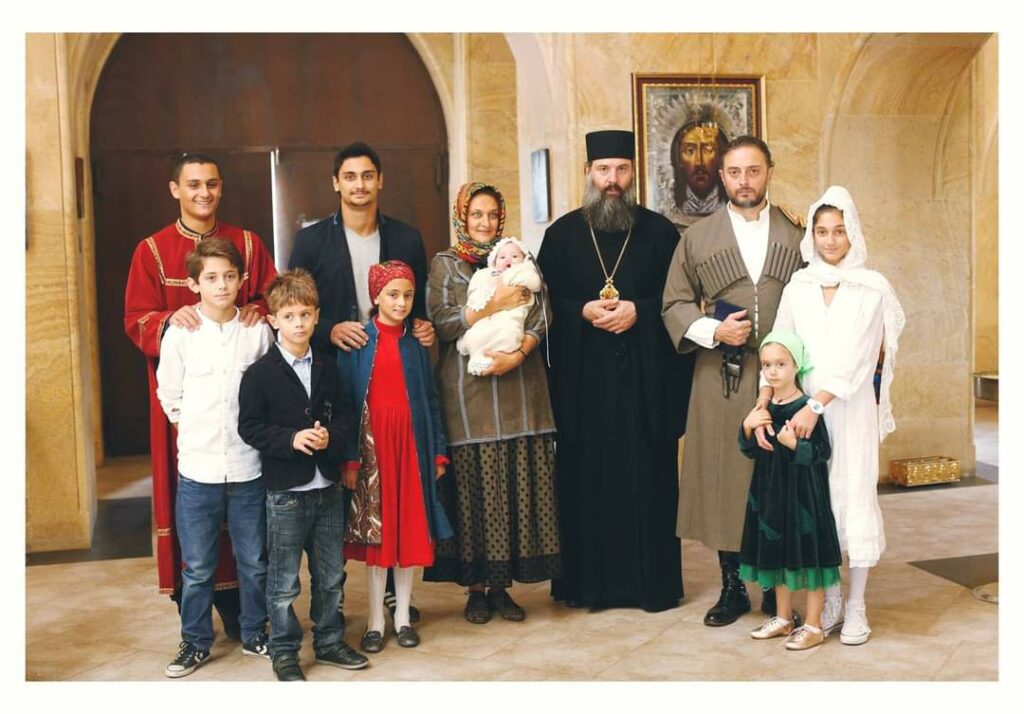
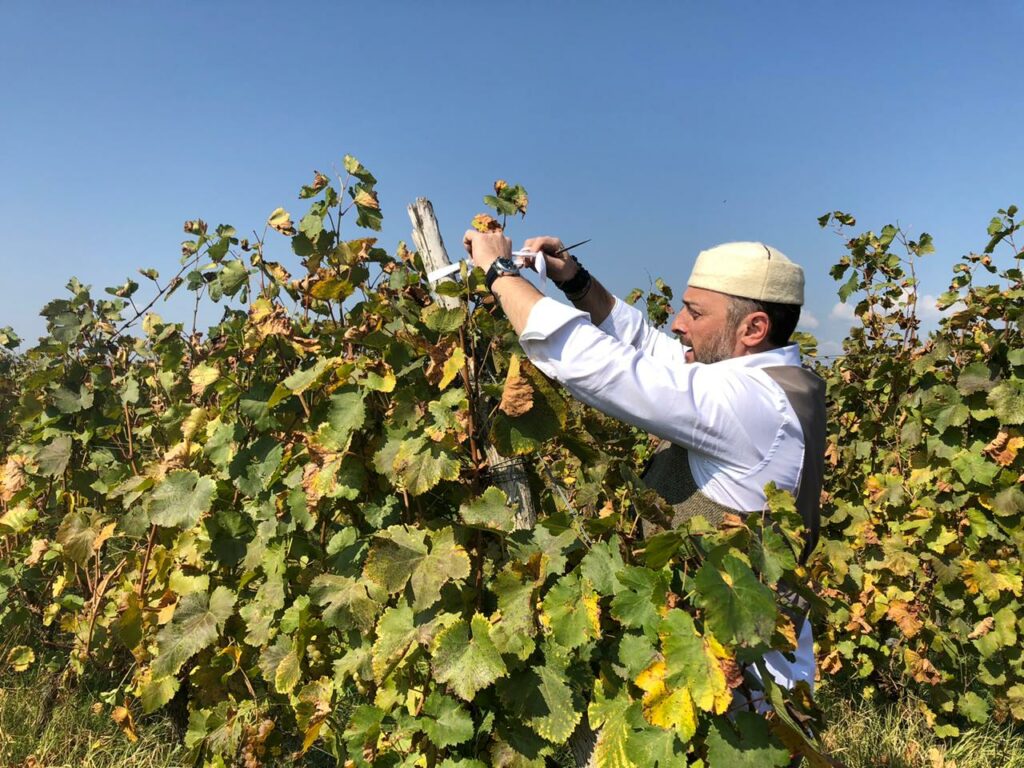
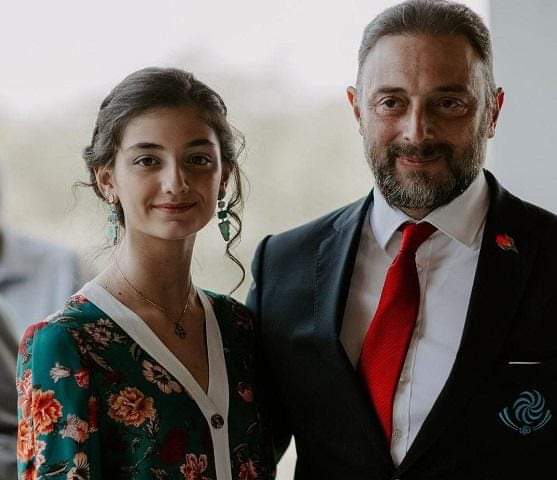
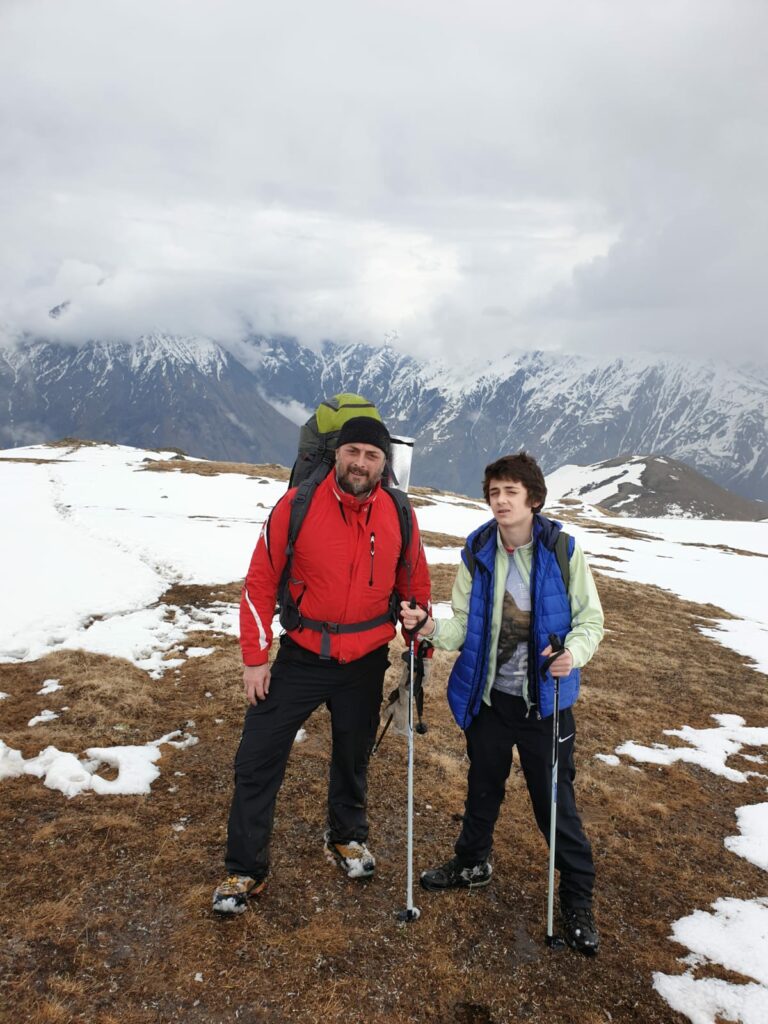
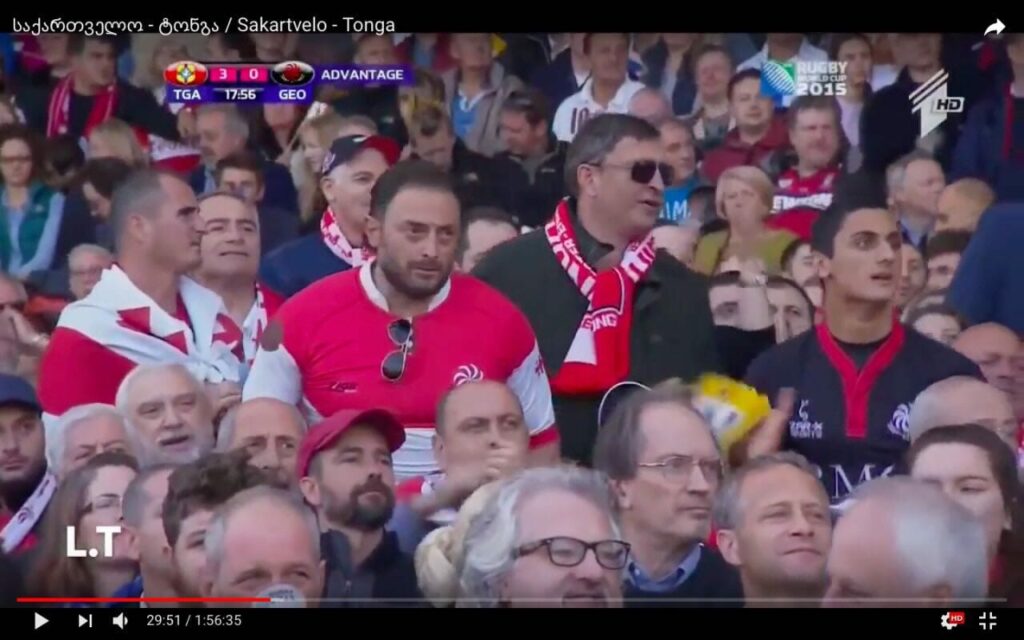

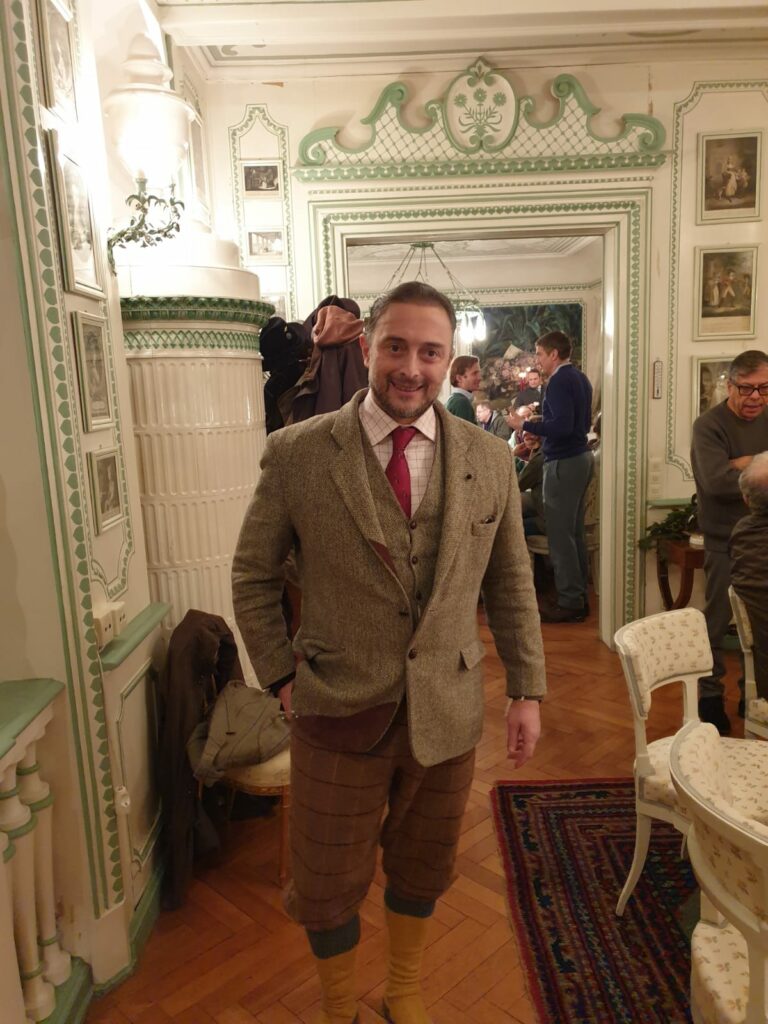
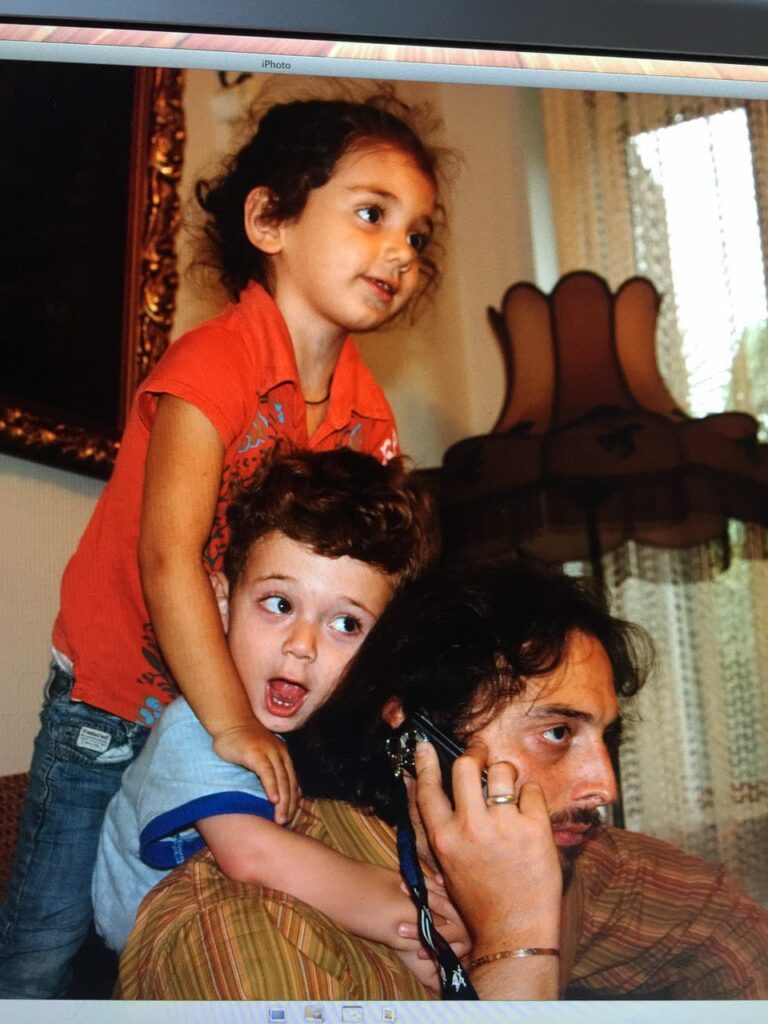
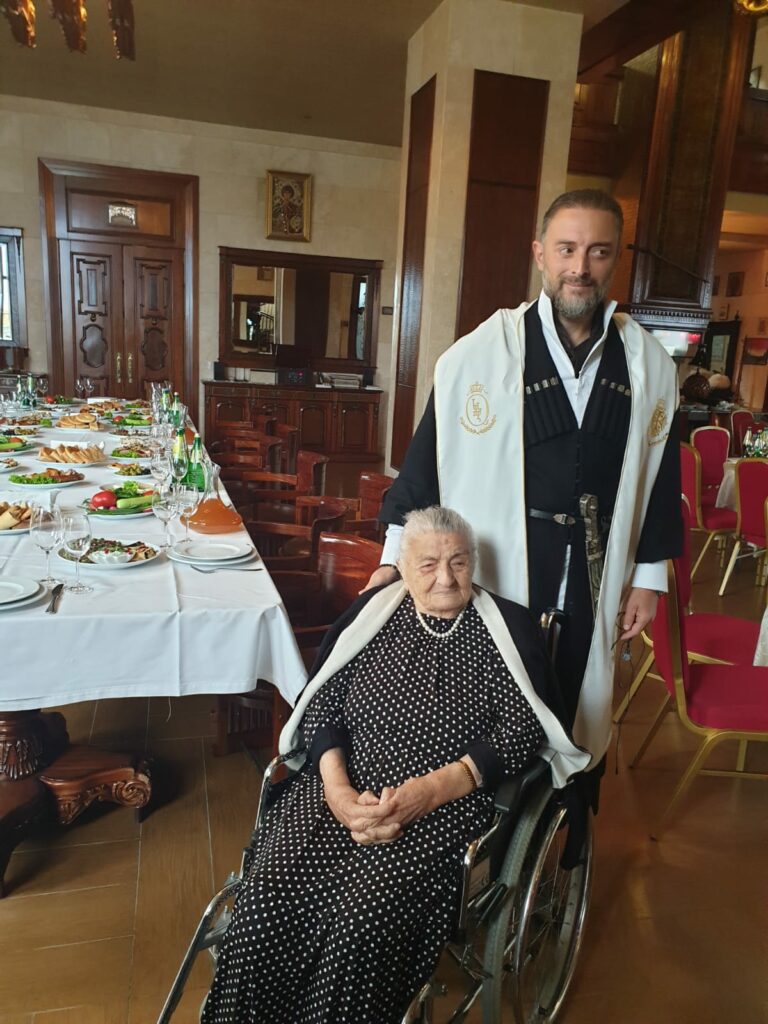
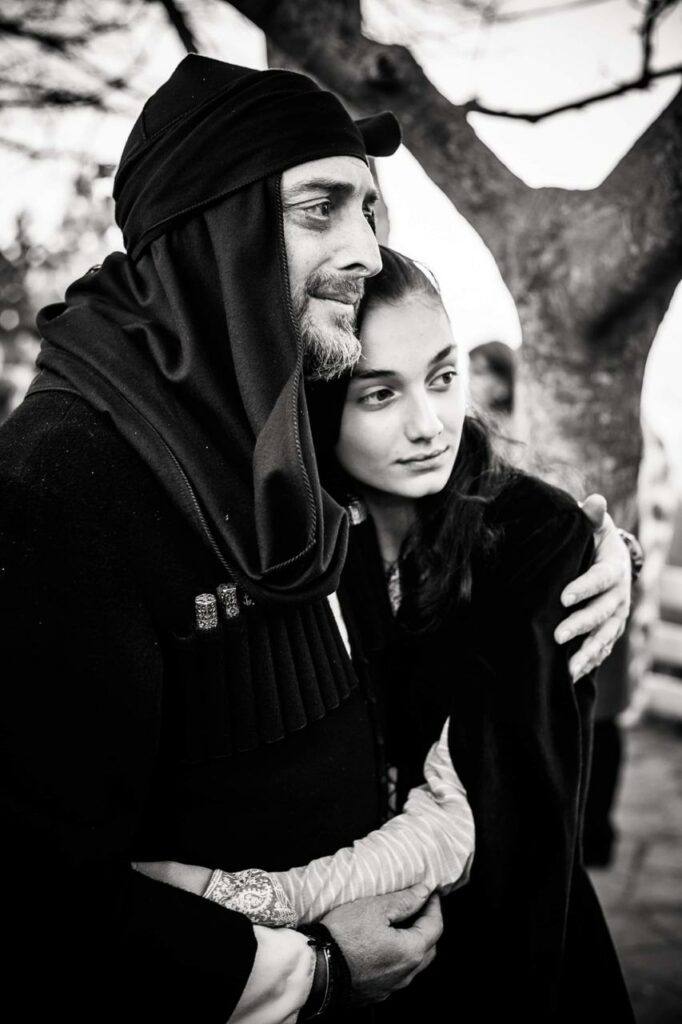





Discussion about this post